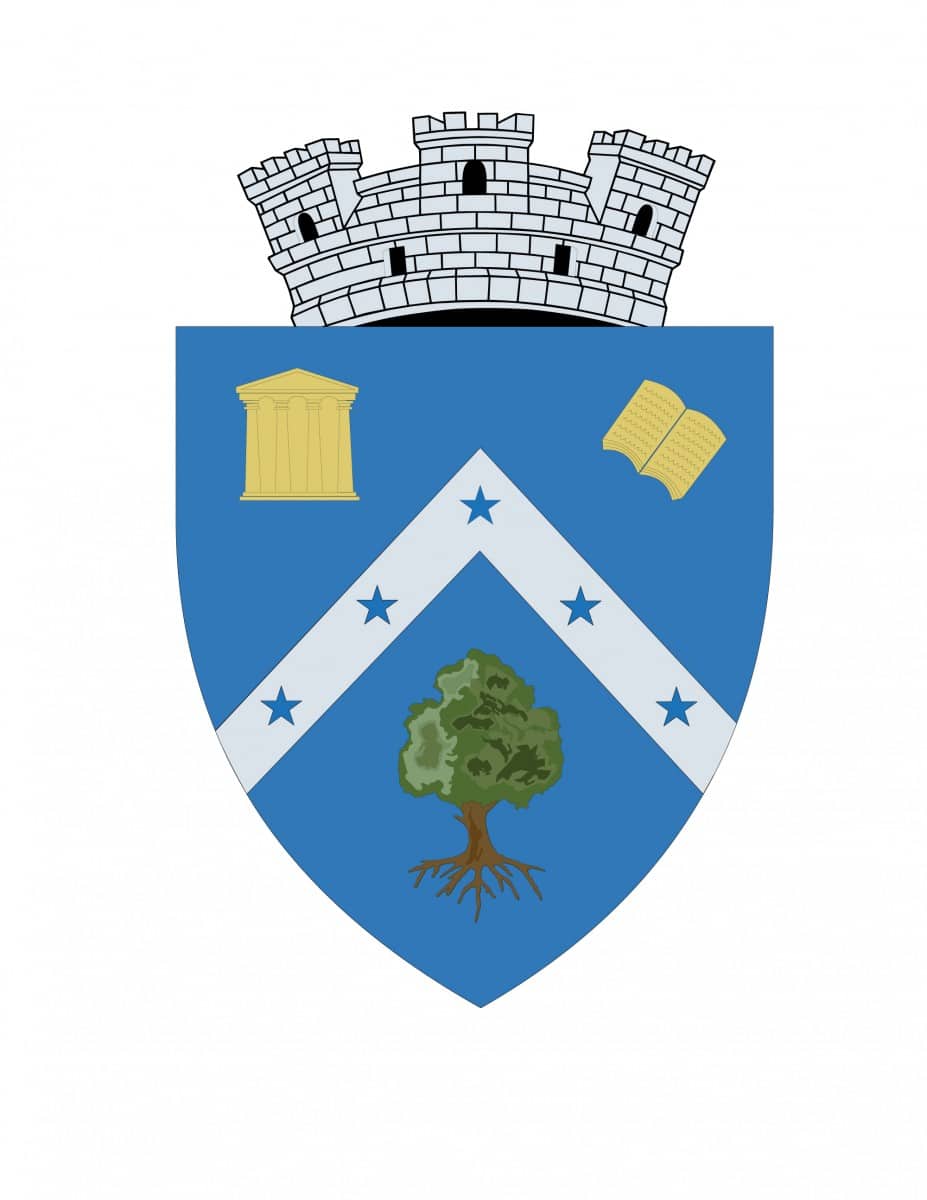Poker Odds And Probabilities
페이지 정보
작성자 Janis 작성일 24-12-20 11:15 조회 104 댓글 0본문
Poker Odds And Probabilities
How do you calculate odds?
Calculating odds in poker involves understanding the likelihood of drawing certain palms or hitting specific cards. Here are the steps to calculate poker odds and chances:

- Identify the variety of outs: Determine what quantity of playing cards can improve your hand. For example, if you have a flush draw, and there are 9 playing cards of that suit left in the deck, then you could have 9 outs.
- Calculate the entire number of unseen cards: Subtract the number of recognized playing cards (your hand and neighborhood cards) from the whole number of cards in a standard deck (52 cards). For occasion, if you have 2 cards and there are 5 neighborhood playing cards, then there are 52 - 7 = 45 unseen playing cards.
- Calculate the chances of hitting an outs:
- If you’re on the flop and looking to hit your outs on the turn, use the method:
Odds = (Number of Outs) / (Unseen Cards).
For instance, with 9 outs and 45 unseen playing cards,
Odds = 9 / forty five = 1 / 5. - If you're looking at hitting on the river as an alternative, think about
Odds = (Number of Outs) / (Total Cards Remaining).
- Compute the likelihood: Convert odds to probability utilizing the method:
Probability = (Number of Outs) / (Total Cards Remaining). For example, the chance of hitting a flush draw on the turn could be calculated equally. - Adjust for a quantity of rounds: If you might be calculating for each the flip and river, use the concept of cumulative probability. For instance, to search out the likelihood of hitting no much less than one of your outs over two rounds, use:
1 - (Probability of missing on the turn) * (Probability of lacking on the river).
Understanding and practicing these calculations can enhance your strategic decision-making in poker.
Is it exhausting to win cash in poker?
Winning money in poker can certainly be seen as onerous because of a quantity of factors that influence success in the sport. Here are some key aspects to consider:
- Skill Level: The better expert you would possibly be, the higher your chances of successful. However, it takes time and practice to develop these expertise, which could be fairly demanding.
- Variance: Poker is a recreation of variance, which means that even expert gamers can experience dropping streaks. This unpredictability could make it feel burdensome at times.
- Game Selection: Choosing the best games and opponents is crucial for profitability. Poor recreation selection can result in pointless losses.
Furthermore, understanding poker odds and chances is important for making informed decisions on the table. It requires:
- Calculating Pot Odds: Knowing the ratio of the current size of the pot to the scale of the wager you must call might help you establish whether or not a call is profitable in the lengthy run.
- Understanding Implied Odds: Considering not just the present pot but additionally the potential future bets can affect your decision-making process.
- Reading Opponents: Identifying opponents' betting patterns and tendencies can shift the odds in your favor if carried out correctly.
In conclusion, while successful cash in poker can be rewarding, it is also accompanied by vital challenges, making it an onerous endeavor for so much of gamers.
Is poker primarily ability or luck?
When discussing whether or not poker is especially expertise or luck, it may be very important consider the roles of both features in the recreation. Here are some key factors to understand:
- Luck: This aspect refers back to the randomness of the cards dealt. In the short time period, luck can significantly influence the outcome of individual arms. Players can experience successful or dropping streaks purely based on the playing cards they obtain.
- Talent: This encompasses a player's skill degree, 골드페이 including their understanding of poker odds and chances. Talented gamers can make better decisions based on incomplete info and manage their bankroll effectively.
In the long run, nevertheless, expertise tends to outweigh luck. Skilled gamers can:
- Analyze odds and possibilities to make informed betting selections.
- Bluff or read opponents successfully to realize a bonus.
- Adjust their strategies based on the dynamics of the game and the tendencies of their opponents.
Overall, whereas luck plays a major position in the short term, poker is primarily a recreation of ability. The most profitable players mix a solid understanding of the odds with their ability to learn conditions and opponents, permitting them to reduce the influence of luck over time.

댓글목록 0
등록된 댓글이 없습니다.
